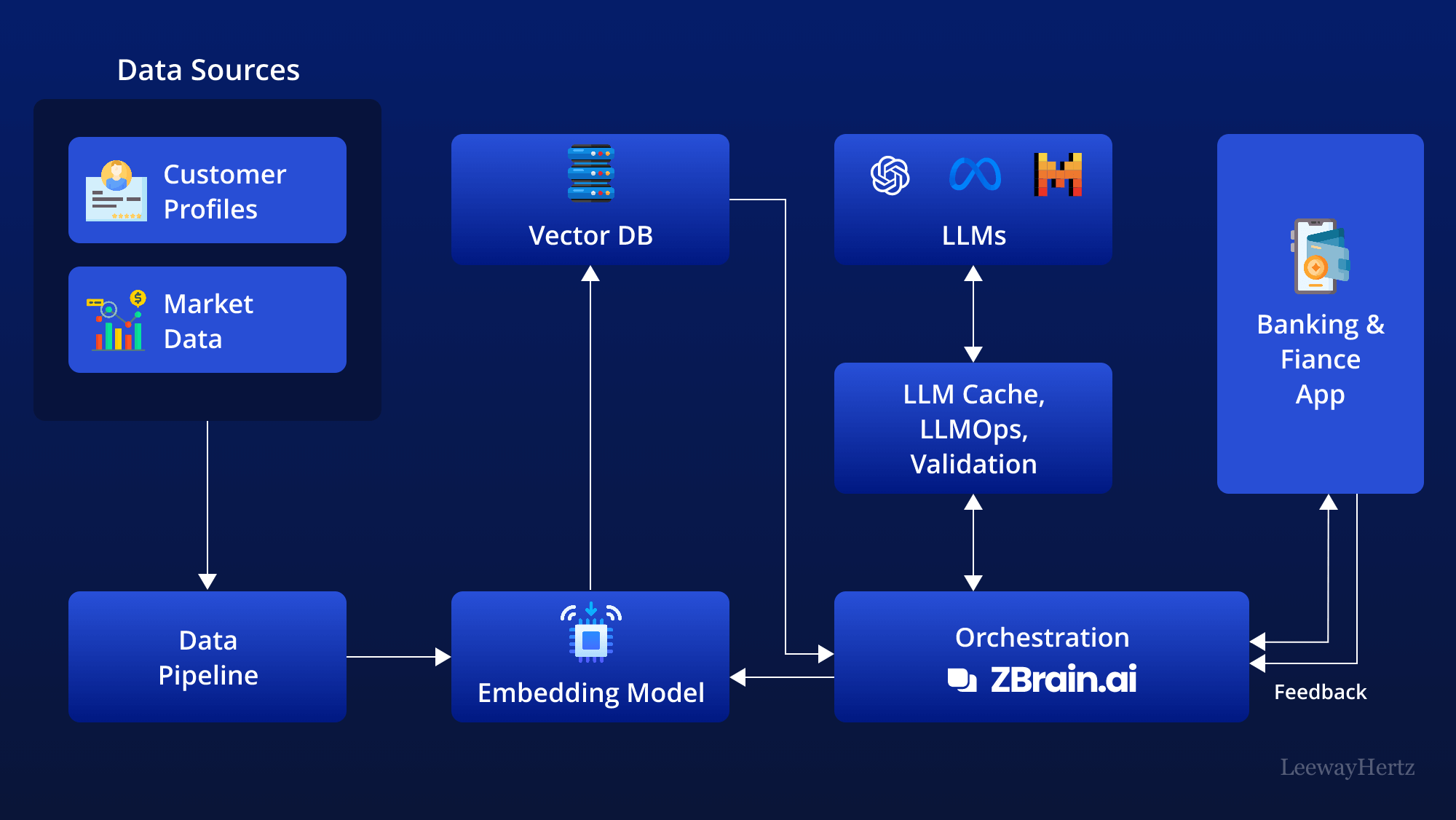
How Artificial Intelligence is Reshaping the Future of Finance
Artificial Intelligence (AI) is transforming the global financial ecosystem at an unprecedented pace. From predictive analytics to fraud detection and algorithmic trading, AI is empowering financial institutions to make faster, smarter, and more secure decisions. Banks, hedge funds, and fintech startups alike are embracing AI not only to reduce costs but also to create entirely new service models. For instance, JPMorgan Chase is using AI to automate legal document analysis, saving over 360,000 hours of manpower annually, while robo-advisors like Betterment and Wealthfront are personalizing investment strategies in real-time with minimal human oversight.
Risk management is one of the most critical areas where AI is having a transformative impact. By analyzing massive data sets, AI systems can identify market anomalies, predict credit risks, and even model the financial implications of geopolitical events with remarkable accuracy. Machine learning algorithms used by companies like Kensho (a subsidiary of S&P Global) process natural language from news, reports, and social media to forecast financial movements before traditional indicators respond. This level of data-driven foresight provides portfolio managers and analysts with a competitive edge that was nearly impossible a decade ago.
AI is also redefining customer experience in the financial sector. Virtual assistants like Erica from Bank of America can help users track spending, pay bills, and even suggest budgeting tips based on behavioral patterns. Natural language processing and sentiment analysis enable financial institutions to offer hyper-personalized services, which enhances customer retention and opens new monetization channels. Meanwhile, fraud detection systems powered by AI—such as Mastercard’s Decision Intelligence—can analyze transaction patterns in milliseconds, flagging suspicious activity with minimal disruption to the customer.
As we step further into 2025, the question is no longer whether AI belongs in finance—it’s how quickly firms can adapt to stay relevant. While the benefits are clear, there are still challenges around data privacy, model transparency, and ethical concerns. Nevertheless, the institutions that invest early in AI infrastructure will lead the charge into a more automated, accurate, and agile financial future. For those seeking to understand or adopt AI in finance, platforms like Finextra and AI Finance Institute offer valuable insights and updates on the evolving landscape.